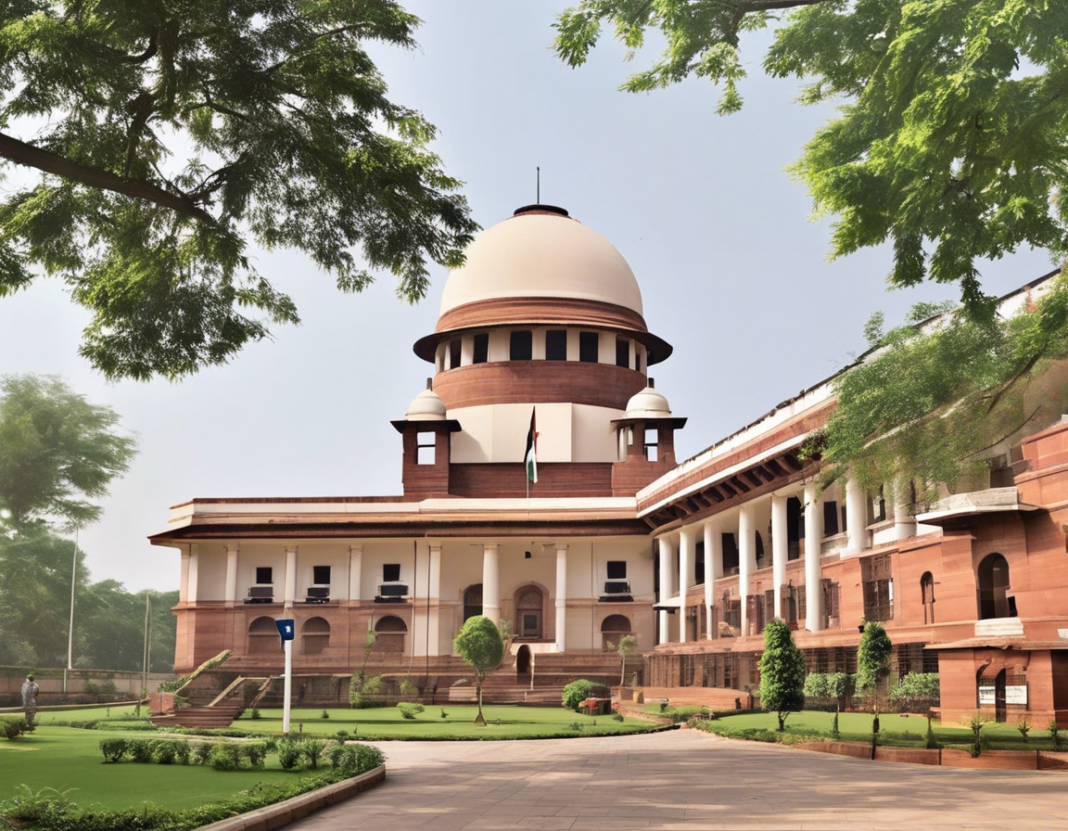The UPSC stands for the Union Public Service Commission. It is a constitutional body in India authorized to conduct civil services examinations for recruitment into various government services such as the Indian Administrative Service (IAS), Indian Foreign Service (IFS), Indian Police Service (IPS), and other Group A and Group B services.
Overview of UPSC Exams:
The UPSC exams are widely considered to be one of the toughest examinations in India, requiring thorough preparation and dedication from aspirants. The exams are conducted in three stages:
1. Preliminary Examination:
- The Preliminary Examination consists of two papers: General Studies Paper I and General Studies Paper II (CSAT – Civil Services Aptitude Test).
- This stage serves as a screening test, and only candidates who qualify are allowed to appear for the Main Examination.
2. Main Examination:
- The Main Examination is a written examination consisting of nine papers.
- The papers include Essay, General Studies I, II, III, and IV, Optional Subject Paper I and II.
- This stage assesses a candidate’s in-depth knowledge and analytical skills.
3. Personality Test:
- Candidates who clear the Main Examination are called for the Personality Test or Interview.
- This stage evaluates the candidate’s personality, leadership qualities, communication skills, and overall suitability for a career in public service.
Role of the Union Public Service Commission:
The UPSC plays a crucial role in the recruitment and selection process for various government services. Some key responsibilities of the UPSC include:
1. Conducting Examinations:
- The UPSC conducts the Civil Services Examination annually to select candidates for prestigious positions in the government.
2. Recruitment:
- The Commission is responsible for the recruitment of candidates for various civil services posts based on merit and the rules of reservation.
3. Advising the Government:
- The UPSC advises the government on various matters related to personnel management, including recruitment, promotion, and disciplinary actions.
4. Appointment:
- The final appointment of candidates to various services is done based on the recommendations made by the UPSC.
Preparation Strategy for UPSC Exams:
Preparing for the UPSC exams requires a systematic approach and dedication. Here are some tips to help aspirants in their preparation:
1. Understand the Exam Pattern:
- Familiarize yourself with the UPSC exam pattern and syllabus to create a study plan accordingly.
2. Current Affairs:
- Stay updated with current affairs through newspapers, magazines, and online portals.
3. Practice Previous Year Papers:
- Solving previous year’s question papers can help in understanding the exam format and the type of questions asked.
4. Revision:
- Regular revision of topics is essential to retain information and concepts.
5. Join a Coaching Institute:
- Consider joining a reputable coaching institute for guidance and expert support during your preparation.
6. Time Management:
- Time management is crucial during the exam. Practice answering questions within the stipulated time frame.
7. Mock Tests:
- Take mock tests regularly to assess your preparation and improve your speed and accuracy.
Frequently Asked Questions (FAQs) about UPSC Exams:
1. What is the eligibility criteria for appearing in the UPSC exams?
- Candidates must hold a Bachelor’s degree from a recognized university. The age limit varies based on the category of the candidate.
2. Can candidates write the UPSC exams in their regional language?
- Candidates can choose to write the UPSC exams in English or any of the scheduled languages mentioned in the Eighth Schedule of the Constitution.
3. How many attempts are allowed for the UPSC exams?
- The number of attempts allowed for the UPSC exams varies based on the category of the candidate: General category – 6 attempts; OBC – 9 attempts; SC/ST – No restriction.
4. Is coaching necessary to crack the UPSC exams?
- While coaching can provide guidance and support, it is not mandatory to crack the UPSC exams. Self-study and dedication play a crucial role in success.
5. How is the final merit list prepared for the UPSC exams?
- The final merit list for the UPSC exams is prepared based on the marks obtained in the Main Examination and the Personality Test.
6. Are there any relaxation in age limits for UPSC exams for reserved categories?
- Yes, there are age relaxations provided for candidates belonging to reserved categories as per the government norms.
7. What is the importance of the optional subject in the UPSC exams?
- The optional subject carries significant weightage in the Main Examination. Candidates should choose their optional subject based on their interest and preparation strategy.
8. Is there negative marking in the UPSC exams?
- Yes, there is negative marking in the Preliminary Examination for incorrect answers. One-third of the marks allotted to a question are deducted for wrong answers.
9. How should candidates prepare for the UPSC Interview?
- Candidates should prepare for the UPSC Interview by practicing mock interviews, enhancing their communication skills, and staying updated on current affairs and general knowledge.
10. What are the career prospects after clearing the UPSC exams?
- Candidates who clear the UPSC exams can be appointed to prestigious positions in the government such as IAS, IPS, IFS, and various other administrative services, offering a rewarding and challenging career.
In conclusion, the UPSC exams are a gateway to a promising career in the civil services. With diligent preparation, strategic planning, and unwavering determination, aspirants can fulfill their dream of serving the nation through these prestigious positions.





